“With what shall I fix it, dear Liza, dear Liza, with what shall I fix it, dear Liza, with what?” May 30th is National Hole in the Bucket Day offering the states and Congress the opportunity to fix the hole in the bucket of Presidential electoral processes and procedures.
At present, members of Congress are unrestrained from voting to accept or reject the certified state electoral votes and slates of electors for the Electoral College. This hole in the bucket has largely been deflected by emphasis upon election integrity, a meme for voter fraud by the voters themselves (or, occasionally groups).
The names of presidential electors may or may not appear on the ballot in most states; voters by and large believe they are casting a vote directly for the president and vice president. The U.S. Supreme Court (Chiafalo v Washington, 2020) unanimously ruled that states have the constitutional authority to force electors to vote in accordance with their state’s popular vote. The opinion, while recognizing state power in this regard, does not require states to prevent faithless electors. At the time of the decision, 33 states, including Virginia, had adopted legislation binding electors. Continue reading


 by Dick Hall-Sizemore
by Dick Hall-Sizemore by James C. Sherlock
by James C. Sherlock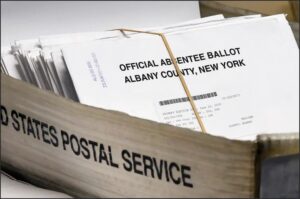
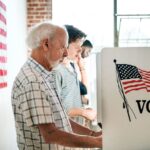
 by Dick Hall-Sizemore
by Dick Hall-Sizemore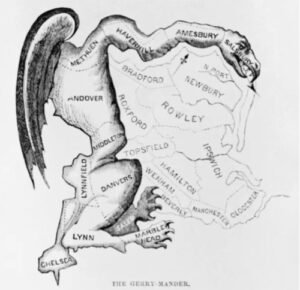
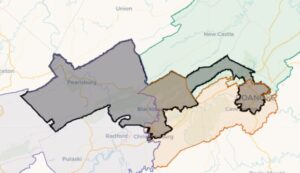
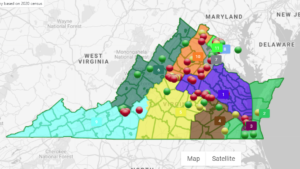
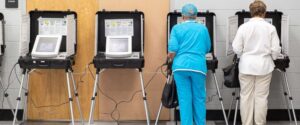


 by Dick Hall-Sizemore
by Dick Hall-Sizemore

